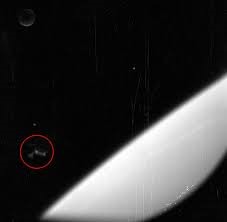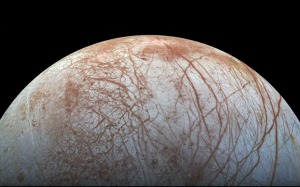 A NASA researcher has developed a WiFi chip for wireless phones, computers and wearable devices that uses 100 times less power than traditional receivers.
A NASA researcher has developed a WiFi chip for wireless phones, computers and wearable devices that uses 100 times less power than traditional receivers.
The chip developed by Adrian Tang, researcher at NASA’s Jet Propulsion Lab in California and University of California-Los Angeles professor MC Frank Chang can extend battery life in nearly every device that uses WiFi, Popular Science reported.
It reflects a constant signal sent by a customised router instead of generating its own original signal.
Data is then imprinted on the signal when it is reflected.
“Because you are only imprinting on a WiFi signal, you are not generating it and do not need power,” Tang was quoted as saying.
According to Tang, the biggest problem was isolating the specific signal that was reflected back, because the initial signal is also being reflected by every surface in the room.
This is where a specialised router hardware was planned to not only send the signal but be able to read what data was being reflected back with new information.
The team claims to have reached speeds of 330 megabits per second when transferring files with this chip.
It outpaces several WiFi routers available in the market, the researchers noted.




